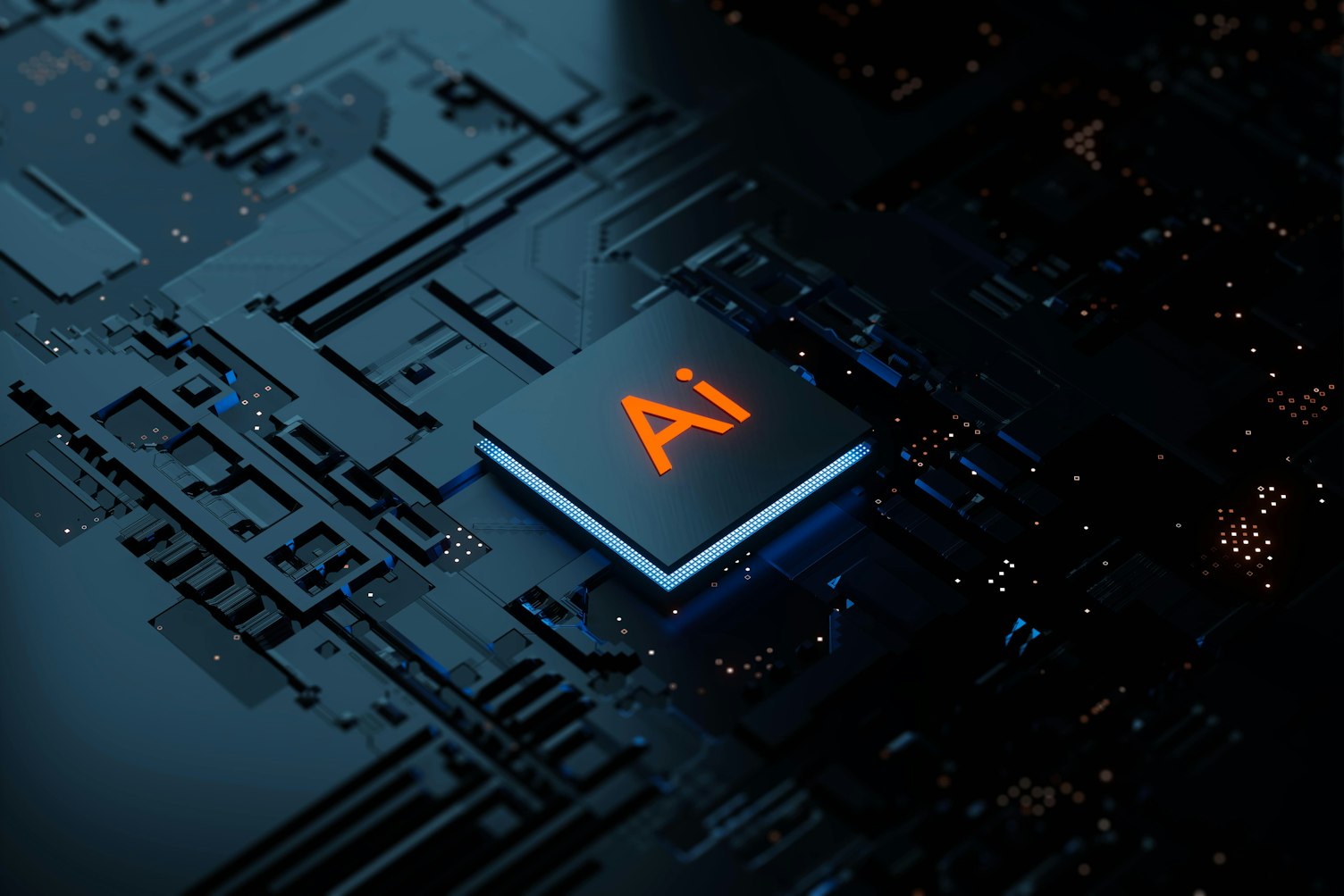AI refers to the development of computer systems that can perform tasks that usually require human intelligence, from learning and reasoning to decision-making and perception.
AI incorporates various technologies, such as:
- Machine learning (ML) – training algorithms on data to predict or decide without being explicitly programmed
- Deep learning – a type of ML that utilizes multi-layered neural networks to analyze numerous factors of data
- Natural language processing (NLP) – enables machines to understand, interpret and generate human language
